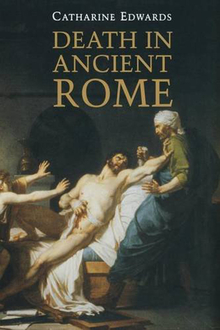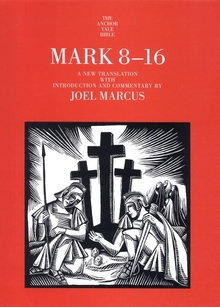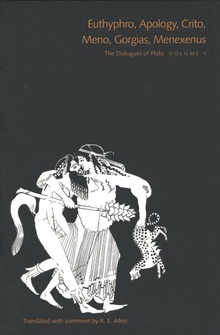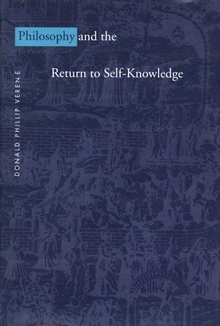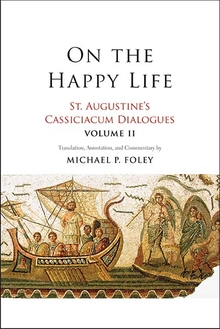Death in Ancient Rome
WARNING
You are viewing an older version of the Yalebooks website. Please visit out new website with more updated information and a better user experience: https://www.yalebooks.com
Catharine Edwards
For the Romans, the manner of a person’s death was the most telling indication of their true character. Death revealed the true patriot, the genuine philosopher, even, perhaps, the great artist—and certainly the faithful Christian. Catharine Edwards draws on the many and richly varied accounts of death in the writings of Roman historians, poets, and philosophers, including Cicero, Lucretius, Virgil, Seneca, Petronius, Tacitus, Tertullian, and Augustine, to investigate the complex significance of dying in the Roman world.
Death in the Roman world was largely understood and often literally viewed as a spectacle. Those deaths that figured in recorded history were almost invariably violent—murders, executions, suicides—and yet the most admired figures met their ends with exemplary calm, their last words set down for posterity. From noble deaths in civil war, mortal combat between gladiators, political execution and suicide, to the deathly dinner of Domitian, the harrowing deaths of women such as the mythical Lucretia and Nero’s mother Agrippina, as well as instances of Christian martyrdom, Edwards engagingly explores the culture of death in Roman literature and history.
Death in the Roman world was largely understood and often literally viewed as a spectacle. Those deaths that figured in recorded history were almost invariably violent—murders, executions, suicides—and yet the most admired figures met their ends with exemplary calm, their last words set down for posterity. From noble deaths in civil war, mortal combat between gladiators, political execution and suicide, to the deathly dinner of Domitian, the harrowing deaths of women such as the mythical Lucretia and Nero’s mother Agrippina, as well as instances of Christian martyrdom, Edwards engagingly explores the culture of death in Roman literature and history.
Catharine Edwards is professor of classics and ancient history at Birkbeck College, University of London. She is the author of The Politics of Immorality in Ancient Rome and Writing Rome: Textual Approaches to the City.
ISBN: 9780300217278
Publication Date: May 26, 2015
Publication Date: May 26, 2015
304 pages, 6 1/8 x 9 1/4
20 b/w
20 b/w

